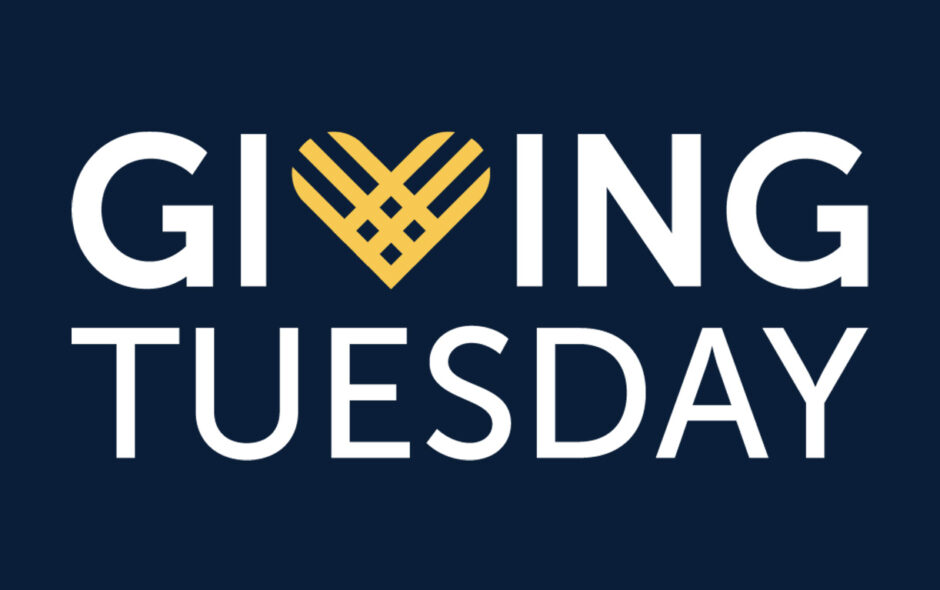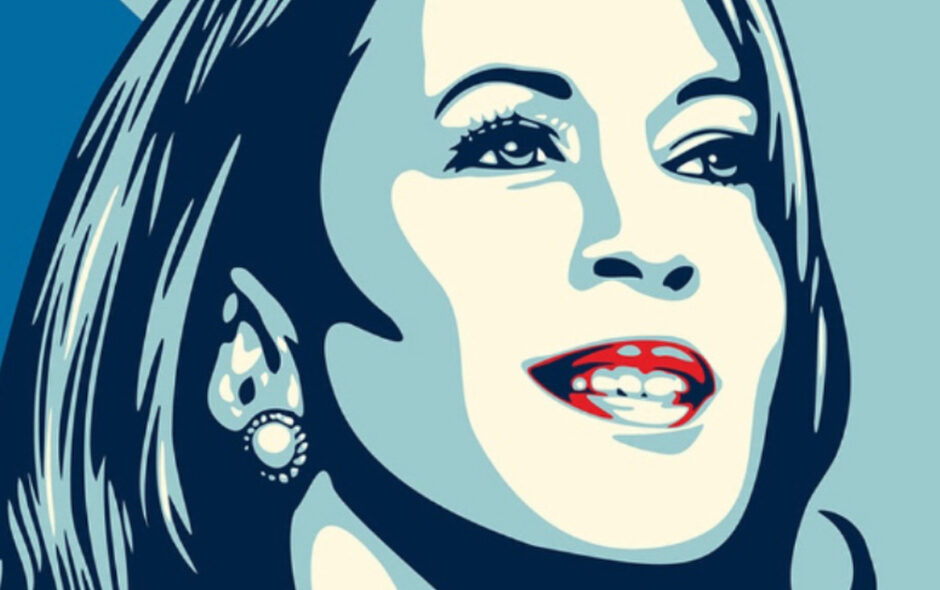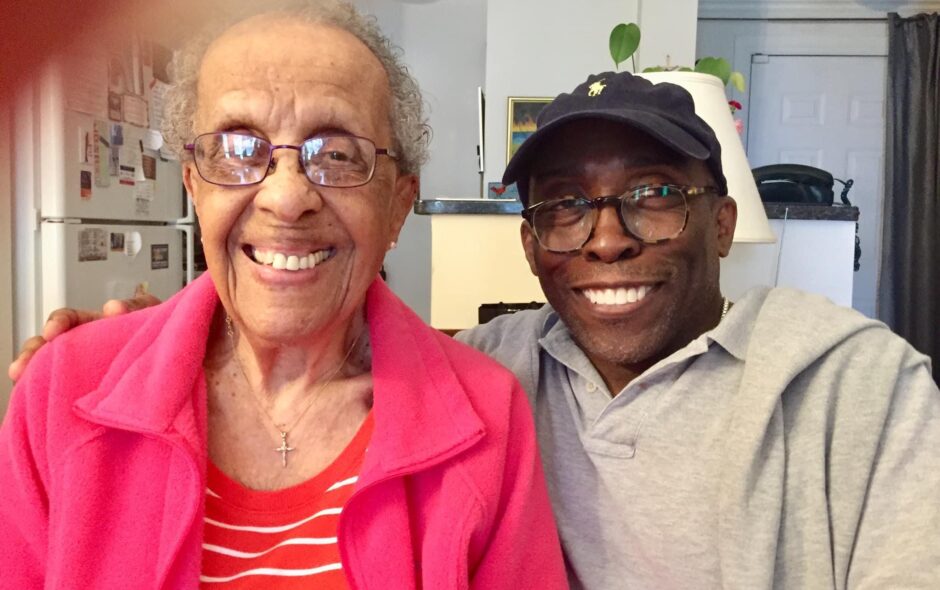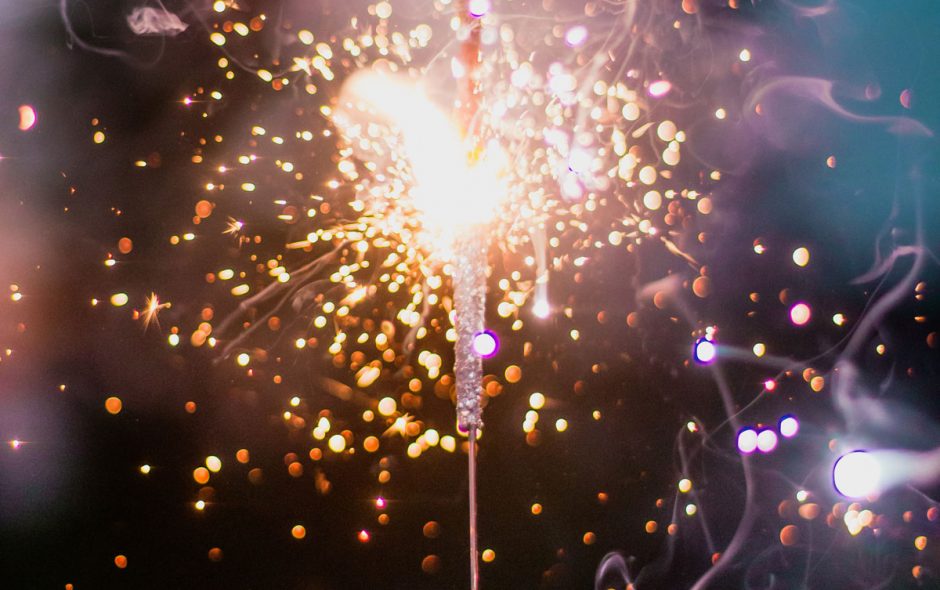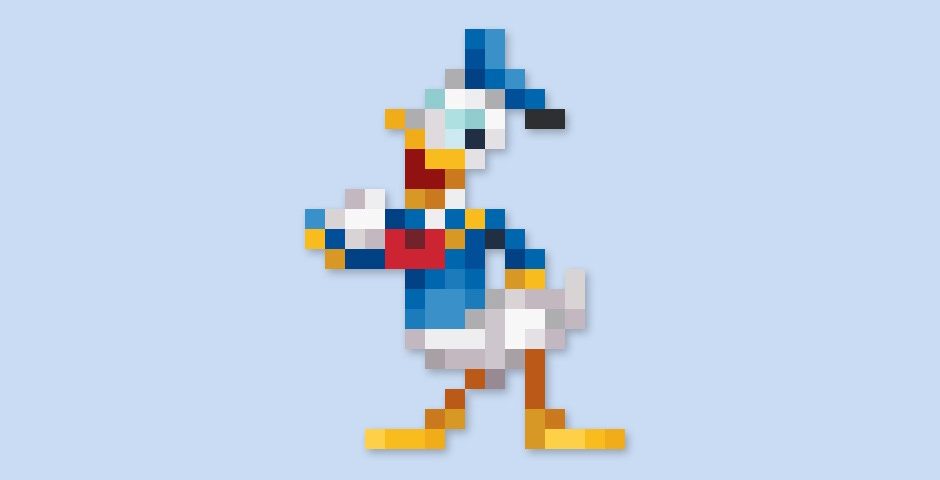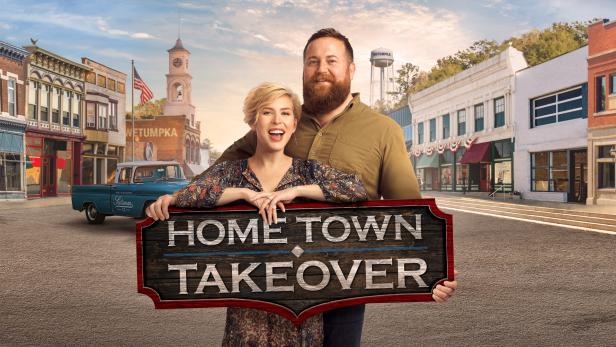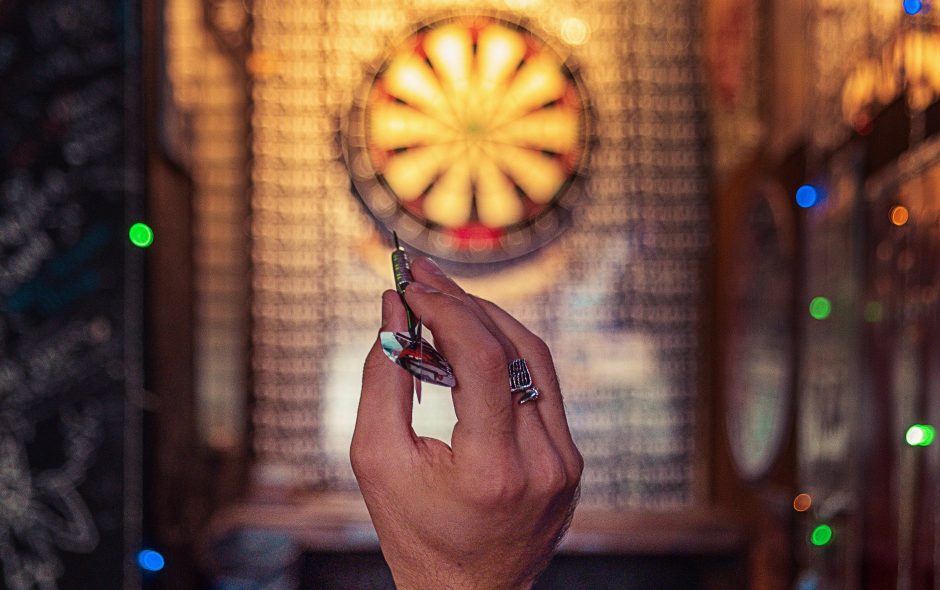I hope everyone had a safe and enjoyable Fourth of July weekend and holiday. Unfortunately, that was not the case in Highland Park, Illinois, and Philadelphia, and at least eight other locations, as there have been at least ten mass shootings in the United States since July 1. Celebrating America with family and friends with favorite summertime foods and fireworks is a national tradition. It’s a tradition that many look forward to.
There’s no ignoring the partisan divisiveness that’s become de rigueur today. Last Friday, the City of Orlando distributed the following invitation to the city’s fireworks show via its emailed newsletter:
A lot of people probably don’t want to celebrate our nation right now, and we can’t blame them. When there’s so much division, hate and unrest, why on earth would you want to have a party celebrating any of it.
But in all seriousness, you know in your heart, Fourth of July fireworks are amazing, especially when you are standing in 90° heat, 100% humidity, next to 100,000 of your closest friends. In that moment, something takes over and we all become united in an inexplicable bond. Yes, America is in strife right now, but you know what … we already bought the fireworks.
Now there are calls for the Mayor to apologize, assertions that the post was inappropriate for city communications, it was sent out by a raging leftist, and more.
Is the wording cheeky? Yes, it is. It pokes fun at gathering outdoors with far more people than expected in subtropical Florida’s heat and humidity—an experience common to Central Floridians or anyone who’s spent time at any of our world-class theme parks during the summer.
But I don’t think that’s what people have an issue with.

